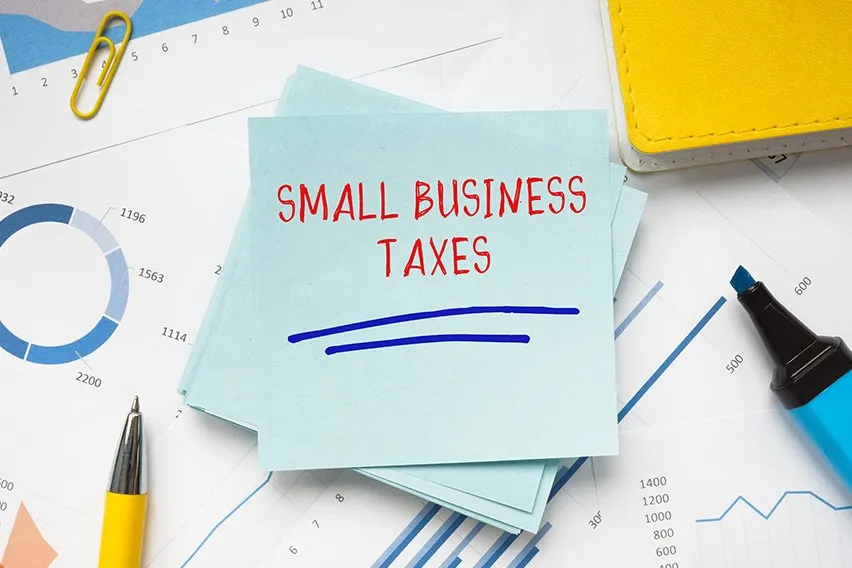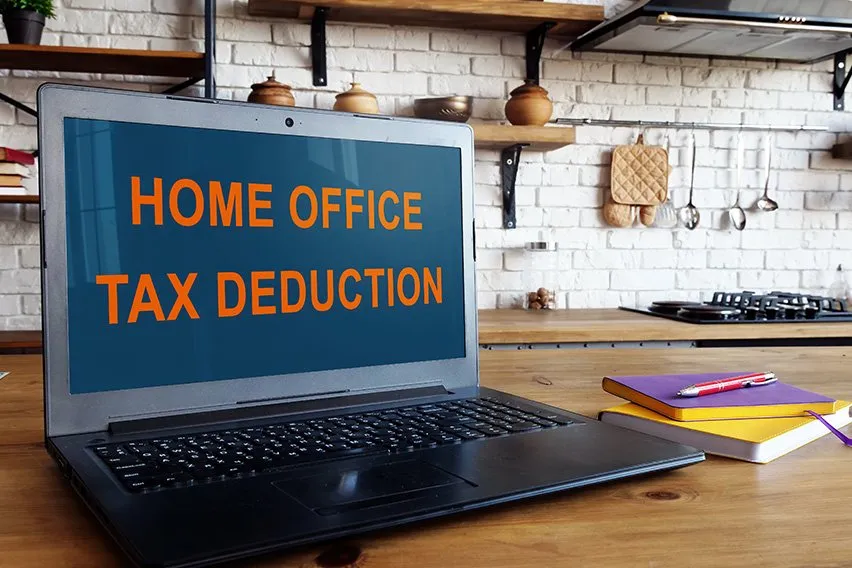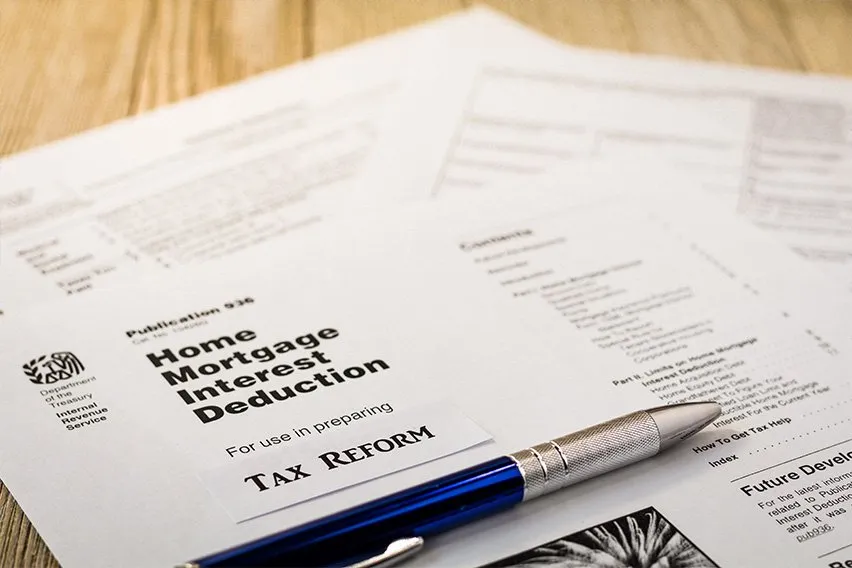Tax Deductions for Hobby Business: How Much Can I Deduct?

Previously, a taxpayer could only deduct expenses related to a hobby up to the amount of hobby income. After the Tax Cuts and Jobs Act, any expenses related to a hobby are no longer allowed to be deducted, even if you earned money from your hobby.
What Is Considered a Hobby Business?
How Long Can You Run a Business at a Loss?
Do I Have to Pay Tax on a Hobby Business?
When Is a Hobby Considered a Business?
What Is Considered a Hobby Business?
An activity is either classified as a “business” or as a “hobby” by the IRS, but can’t be classified as both. Expenses are allowed as deductions only on businesses, not on hobbies.
A small business can get reclassified as a hobby by the IRS if it does not turn a profit for three of the last 5 years.
The IRS weighs a number of factors when determining whether an activity is a business or a hobby. Here’s what you may be asked by the IRS, as a small business owner, if you find your company does not make a profit year after year:

- Do you treat the activity in a business-like manner? (for instance, do you keep accurate bookkeeping?)
- Did the time and effort you spent on this activity demonstrate that your intention was for it to become profitable?
- Do you depend on the income derived from this activity for your livelihood?
- Were the losses this activity incurred beyond your control? (The IRS will also considered whether these losses were normal startup costs)
- If your business hasn’t been profitable, have you attempted to change your strategy at all?
- Do you have the necessary background or industry knowledge to make this business a revenue generator?
- Have you done something similar in the past, and if so, was it successful?
- How much activity has this profit made in the last few years?
- Is your business likely to make a profit in the future from the appreciation of the assets being used in the activity?
How Long Can You Run a Business at a Loss?
Typically, if a small business continues to run at a loss (meaning expenses are higher than income repeatedly) the IRS will become interested within 3 – 5 years. When they do, the business may get reclassified as a hobby if the business owner can’t prove he is really trying to make a profit.
Do I Have to Pay Tax on a Hobby Business?
You do have to pay tax on a hobby, even if the profit is small. Although not considered to be technically a ‘business’, a hobby that generates income must be reported on your taxes when you file.
What Is Hobby Income Limit?
There is no set dollar limit, because some hobbies are more expensive than others. One of the reasons a hobby is not considered to be a business is that typically hobbies makes little or no profit.
For instance, let’s say Jack has a business buying and restoring cars from the 1970s. He only works this activity on some evenings and weekends because he has a full-time job. He doesn’t really promote the business either. He keeps most receipts but is not very well organized.
He has sold three cars in the last year and has generated $140,000 in gross income. However, the restoration process is very expensive, the cars were old and parts were hard to find. His expenses, including buying the cars before starting the restoration process, totalled $148,000.
In three out of four years operating the business, Jack has made no profit. The one year he did, it was only $8000.00.
In this case, the IRS may reclassify Jack’s business as a hobby. This means his $148,000 in expenses cannot be deducted.

When Is a Hobby Considered a Business?
The factors listed above help determine whether a hobby is a business or vice-versa. In addition, most people usually engage in hobby activities for fun, whereas the primary driver for a business is profit.
Let’s consider Jack’s restoration car business again. Due to continuous financial losses, the IRS had reclassified Jack’s business as a hobby. However, shortly after that happens, Jack extends his credit and starts buying more cars. Eventually he quits his job and starts working the hobby full-time. Instead of turning around one car every four months, he is now turning around three in the same amount of time. He even has to hire help occasionally to keep up with the work.
He develops a long-term plan where he will increase the amount of cars he is purchasing and decrease the restoration process time even further. He hires a part-time accountant as well, and starts marketing his restoration process on Facebook. Although he still calls it a hobby to neighbours and friends, two years later he declares $95,000 in net profit on his personal tax return.
Jack should expect that the IRS will no longer see this as a hobby and will reclassify it as a business. It may still be fun for Jack; however he is running it like a real business now.
RELATED ARTICLES
 Travel Expense Deductions 101
Travel Expense Deductions 101 6 Common Miscellaneous Expenses Examples | Tax Deduction Tips for Small Businesses
6 Common Miscellaneous Expenses Examples | Tax Deduction Tips for Small Businesses Tax Deductions for Home Office: A Guide for Small Businesses
Tax Deductions for Home Office: A Guide for Small Businesses Is Interest on Mortgage Tax Deductible? a Primer.
Is Interest on Mortgage Tax Deductible? a Primer. Can You Claim Volunteer Work on Taxes? No, but Some Expenses Can Be.
Can You Claim Volunteer Work on Taxes? No, but Some Expenses Can Be.